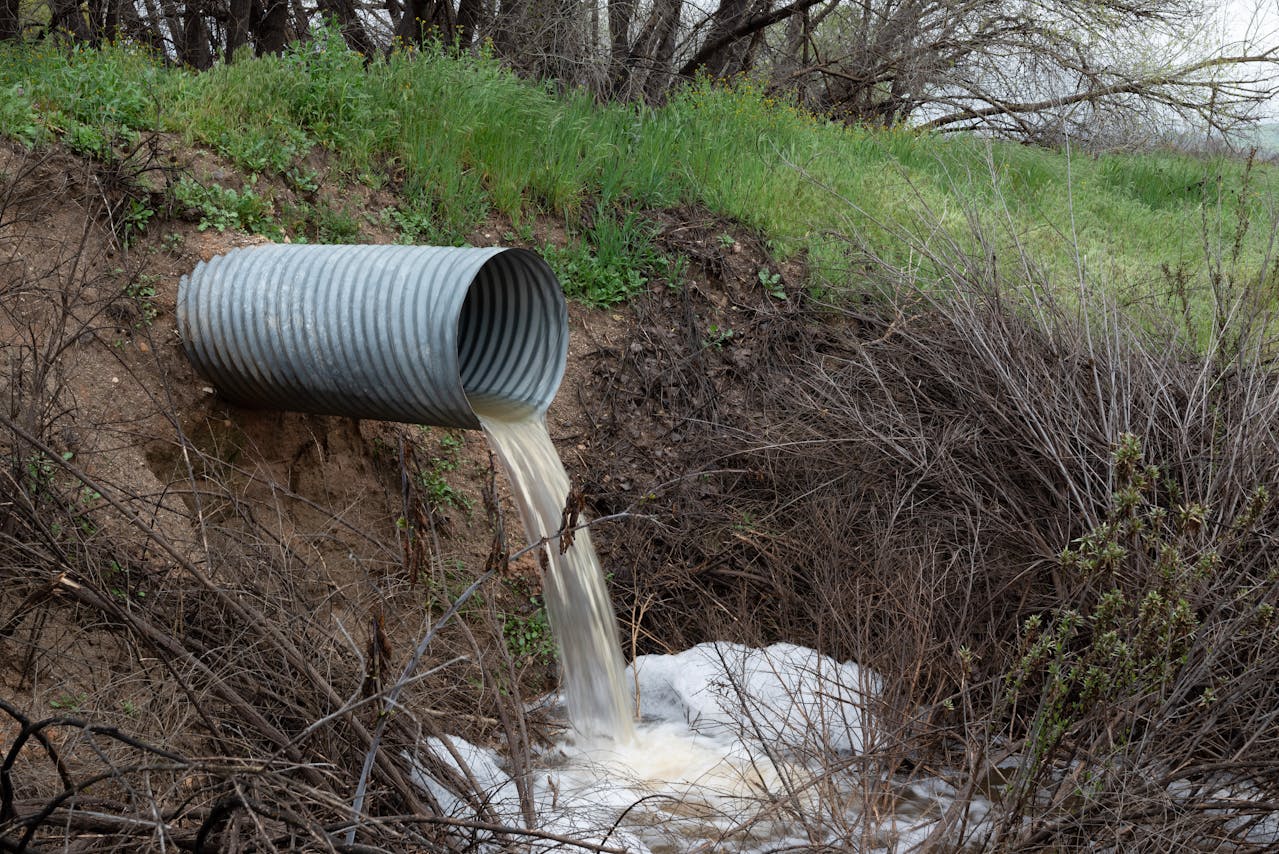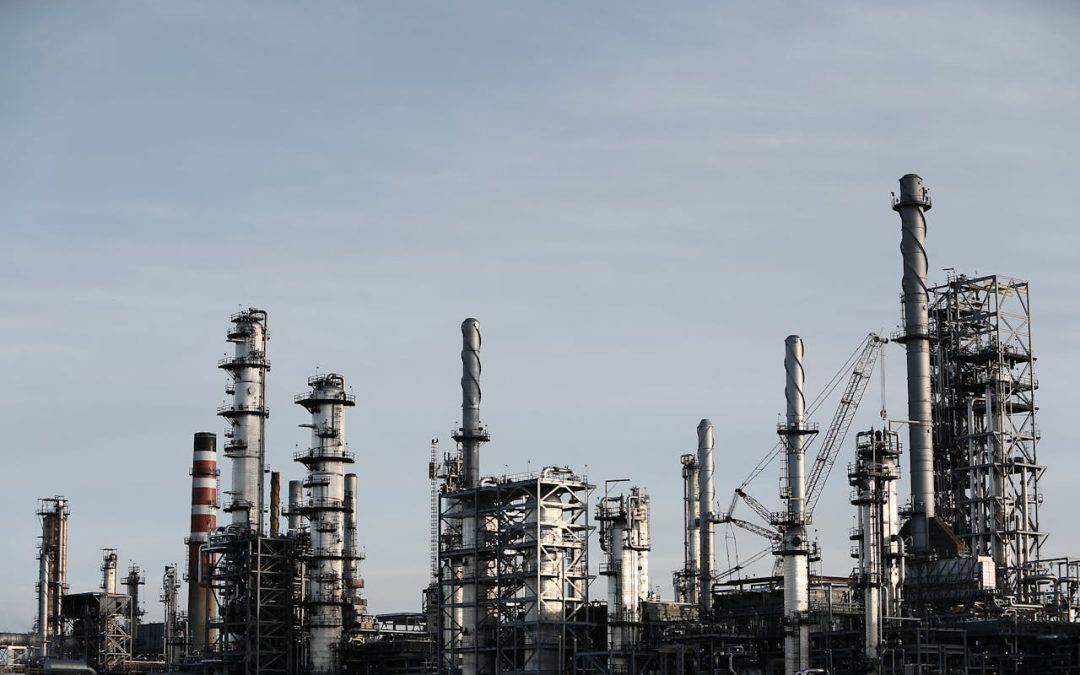Factories and industries often produce wastewater containing harmful substances like metals, chemicals, and tiny solids. They use chemical treatment of industrial wastewater to purify the water. This method helps remediate water by breaking down harmful materials and cleaning it thoroughly enough for safe use. Companies also maintain their machines more effectively when they treat water properly. They avoid operational issues and save money in the long run.
This type of treatment ensures that the water remains safe for reuse within the factory. It also helps factories reduce their freshwater consumption since they can recycle treated water. Every step in this cleaning process serves a purpose—it removes many hazardous contaminants and contributes to a safer work environment. When companies implement this system, their water treatment becomes more efficient.
Understanding the Importance of Chemical Treatment

Using chemicals in water treatment helps factories manage their waste efficiently. As factories grow and produce more goods, they also generate more wastewater. Treating this water immediately protects machinery and prevents damage to equipment. This method delivers precise results, which is why many factories use it in their industrial sewage treatment systems.
Key Benefits:
- Breaks down harmful waste through strong yet controlled chemical reactions.
- Protects pipes and equipment by neutralizing corrosive or abrasive substances in the water.
- Enhances subsequent cleaning methods by improving efficiency in later treatment stages.
Factories that treat wastewater early achieve better results downstream. Strategic chemical processes ensure the entire water treatment system remains effective as waste levels increase. This maintains consistent performance and ensures safe, uninterrupted operations.
Common Techniques in Chemical Wastewater Treatment
Chemical treatment of industrial wastewater involves several trusted methods to clean the water. Although different types of contaminated water require different approaches, some techniques work well for most cases. These steps occur after filtration but before the final cleanup.
- Coagulation and flocculation combine small particles into clumps for easy removal.
- Neutralization balances the pH to prevent water from being too acidic or alkaline.
- Oxidation converts harmful chemicals into safer or more manageable forms.
All these processes work together in an industrial wastewater treatment system. When applied in the correct order, they form an effective water-cleaning strategy. If each step functions properly, the rest of the treatment process becomes easier to manage.
Advantages of Chemical Processes in Treatment Systems
Putting chemicals into water treatment brings many strong benefits. These processes clean the water and help keep the whole system stable. Plant workers can do their jobs more efficiently when equipment doesn’t break down or slow down often.
- The system works with many types of industrial waste and various cleaning needs.
- It saves money by reducing the need for large machines or frequent repairs.
- It adapts quickly to changes in water contamination levels throughout the day.
Using chemical processes in an industrial sewage treatment system helps workers manage operations more effectively. The system can easily handle changes and continues to work smoothly even during peak times. This makes the water system more reliable for long-term use.
Role in Supporting Water Reuse Systems
Many factories now try to use the same water more than once. To do this, they must clean it very well so it stays safe to use again. Chemical cleaning methods help do this job in the right way. When added to industrial wastewater recycling methods, they help make sure water is clean enough for further use.
- Makes the water clear and balanced for use again in the factory
- Stops bad germs from growing and keeps water safe for machines
- Helps filters last longer by removing things that clog them
Factories that use industrial wastewater recycling methods can use chemicals to help achieve better results. These methods clean water so it doesn’t damage machines or cause other problems. It also allows companies to reuse water.
Enhancing Safety and Efficiency in Plant Operations

Using chemicals to treat water also helps keep people safer at work. Dirty water that isn’t properly cleaned can damage machines or harm people. When treated correctly, water flows more efficiently and helps prevent problems in the plant.
- Keeps water safe by preventing harmful gases or chemical reactions
- Stops dangerous substances from building up in pipes and tanks
- Helps workers monitor water cleanliness daily
These smart steps not only clean the water but also reduce safety risks. When factories use an industrial sewage treatment system that includes these steps, they minimize hazards and maintain better control of operations.
Integration with Automated Control Systems
Today’s factories use smart machines to monitor and guide how they treat water. Chemical steps work well with these tools, helping them stay on track. These tools can check water often, adjust the steps, and keep everything running correctly.
- Assess how well the system cleans water and how much chemical it uses
- Reduces mistakes by letting machines control chemical use and water checks
- Changes the treatment steps quickly when the water gets dirtier than usual
Putting these tools together with smart chemical steps makes the whole system better. It helps factories use good industrial wastewater recycling methods that are fast, smart, and easy to manage.
Conclusion
Factories today need water systems that do more than meet basic regulations. They require robust, smart systems that ensure smooth operations. Chemical treatment of industrial wastewater meets these needs with precision and efficiency. These treatments effectively purify water and deliver consistent, reliable results. They also help protect equipment and maintain overall water system stability.
Industrial sewage treatment systems that use chemicals perform better under pressure and integrate seamlessly with advanced wastewater recycling methods. By implementing these smart systems, factories achieve cleaner water, improved equipment performance, and fewer long-term issues.
